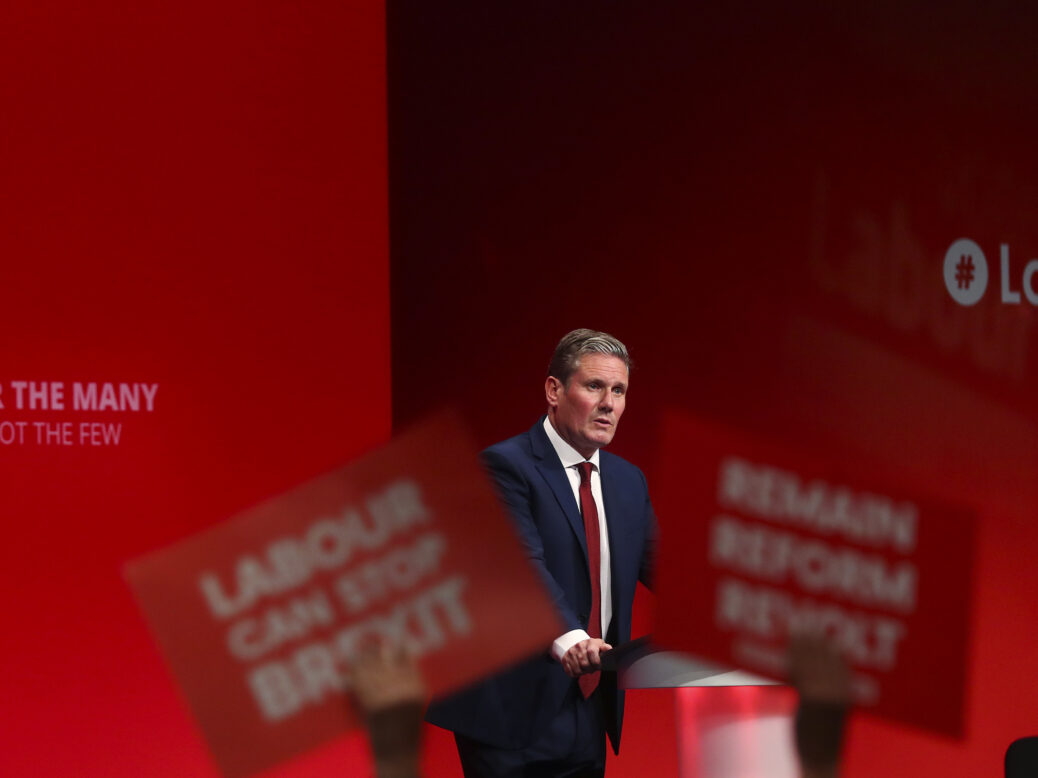
Keir Starmer’s package of rule changes has passed the Labour Party conference. The result was not in doubt following agreement between the party leadership and Unison, the GMB and Usdaw (the first, third and fourth-largest affiliated trade unions respectively) which meant that it was essentially mathematically impossible for the leadership to be defeated. But the scale of the victory, particularly on the changes mandated and approved by the Equality and Human Rights Commission, has left the Labour leadership with a spring in its step.
As far as Starmer’s internal struggle is concerned, it is a significant victory that conference has passed measures including the scrapping of the registered supporters scheme, a requirement to have joined the Labour Party prior to a leadership contest, a tightening of the rules to make it harder to deselect sitting Labour MPs, and an increase in the proportion of MP nominations required to qualify for leadership and deputy leadership elections from 10 per cent to 20 per cent.
As I wrote last week, while the headline measure to bring back the electoral college was the real conversation starter, the proposals to increase the power of the Parliamentary Labour Party was always Starmer’s real prize, with those changes to selection rules the biggest immediate prize. Starmer’s inner circle were frustrated that the months before the 2019 general election were shaped by internal conflict, and the big argument that they have made is that freeing up Labour MPs to focus less on their Constituency Labour Parties and more on the country as a whole means putting Labour in a better position to challenge for power at the next election.
It’s certainly true to say that, rightly or wrongly, MPs lived in real terror of being deselected under the rules passed by Jeremy Corbyn. The big test for both Starmer and the Parliamentary Labour Party, the biggest winners from these changes, is to prove that they can do something with the greater freedom and influence these changes have given them.





